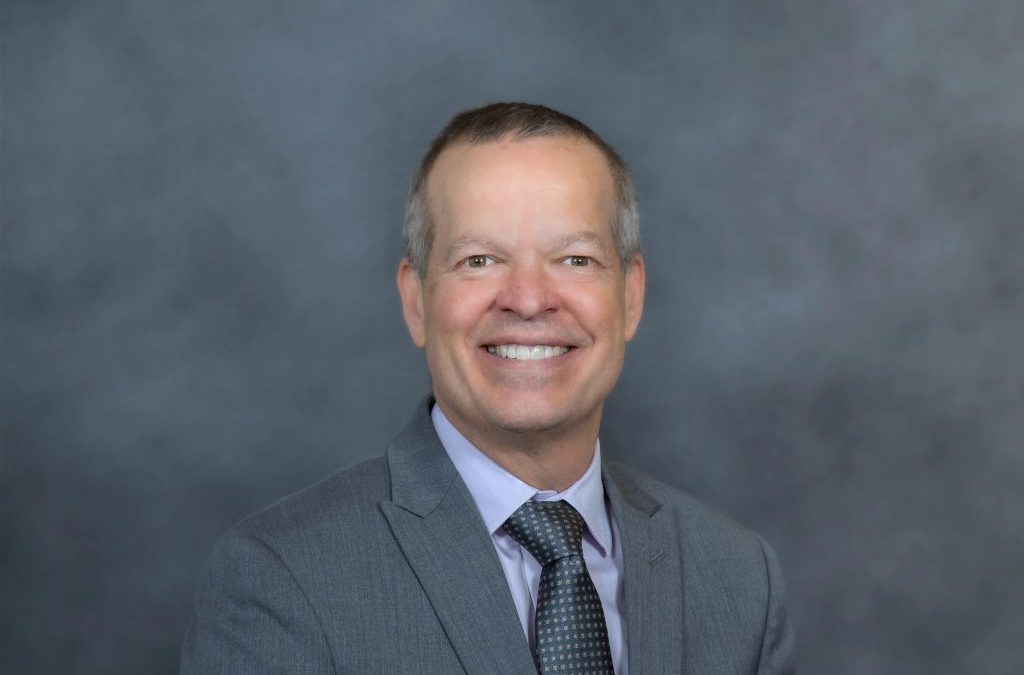By Laura Swanson
“I’ve been doing some research,” said Dr. Mark Bowman, Medical Officer at Adventist Health Tillamook Regional Medical Center, “And I can send you the studies,” he added, as we continued our conversation about why the Year of Wellness focus on type 2 diabetes prevention is so important. “The statistics are interesting and according to the research, having diabetes is equal to having heart disease,” Bowman stated. “The risk to your health is equal to having previously had a heart attack; that’s the impact that diabetes has on the body.” That’s why it’s important to control diabetes as it lowers the risk for complications.
As Dr. Bowman continues his practice of Functional Medicine, which focuses on the individual and finding the underlying causes for symptoms, ongoing and leading edge research provides a basis, but research is done with a tightly controlled group. “It’s almost impossible to replicate the conditions of a research group in reality,” explains Bowman. It’s an incomplete puzzle with different individual responses. Other systems that are impacted by diabetes, in addition to the increased risk for coronary disease are macro-vascular, kidney disease, retina deterioration, neuropathy, and hypertension.
Diabetes symptoms can be controlled with medication, but lifestyle changes are the “key and safest” medicine for slowing, and even reversing diabetes. “You can have a patient on insulin therapy for decades, but in most cases, the pancreas eventually loses the ability to continue producing high levels of insulin. Insulin resistance occurs at the cellular level,” explained Dr. Bowman.” It signals the body to increase fat cells and more insulin is required …it’s a vicious circle.” He continued, “When you make some simple lifestyle changes such as healthier eating and activity, you can delay and even reserve insulin resistance. It’s not easy for some people, and an individual approach is necessary.” That’s why Dr. Bowman is focusing on Functional Medicine. “It’s not a one-size-fits-all kind of medicine,” he added.
“The research is constantly being done and the findings continue to change our treatment options,” said Dr. Bowman, as he prepared to head to New York City for the Integrative Healthcare Symposium. “We are hearing more references to dementia and Alzheimer’s as ‘type 3’ diabetes,” said Dr. Bowman. “The impacts are micro-vascular and there is a link between reducing inflammation and improving systems functions. You can delay the progression with anti-inflammatory foods.” There it is again – “Food as medicine.” It’s more than an apple-a- day, according to Dr. Bowman, “Eat and drink as ‘clean’ as possible, reduce exposure to internal and external chronic stress. Seventy-percent of serotonin (the neurotransmitter chemical that impacts mood and more) is produced by the bacteria in the gut.”
Then there are those pesky genes and again how each individual’s systems function. One study looked at ways of reducing the complications of diabetes, with findings that an A1C level under 7 reduced onset of other chronic problems. It involved intensive lifestyle therapy, not medication. “There is current dialogue about diet and diabetics,” said Bowman. “Lower carb, plant-based. It’s all about reducing sugar, and carbohydrates and grains that metabolize into sugar.” Dr. Bowman was most looking forward to a presentation by Dr. Mark Hyman (A leader in Functional Medicine), “Food: What the Heck Should I Eat?” – which is also the title of his newest book. Our next interview with Dr. Bowman will be about the NYC symposium.
“We can continue to increase awareness and educate about lifestyle changes,” said Dr. Bowman. “encourage people to make healthier choices, develop particular ways and habits that have positive impacts on their quality of life.” He continued, “We get a label as diabetics, and internalize, suffering shame because ‘we must have done something wrong.’ By talking about diabetes, and many chronic diseases such as hypertension, lipid, and hormonal imbalances we can let people know there are ways to turn it around. Don’t suffer in silence, or simply, Band-aid with a pill.” He continued, “It’s an individual life journey and there’s a time and place for all tools. Increased awareness and acceptance of the different lasting options will ultimately help patients enjoy a satisfying life.”

